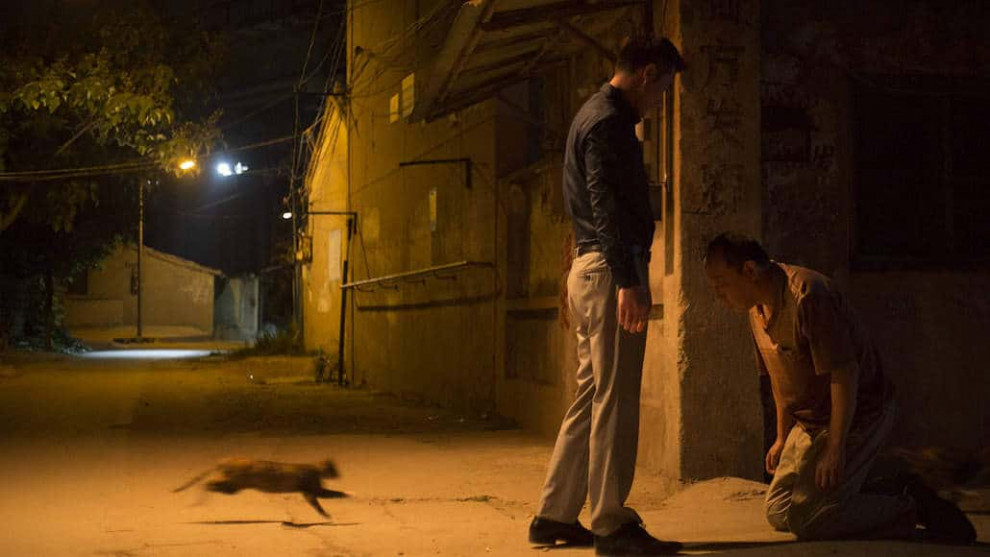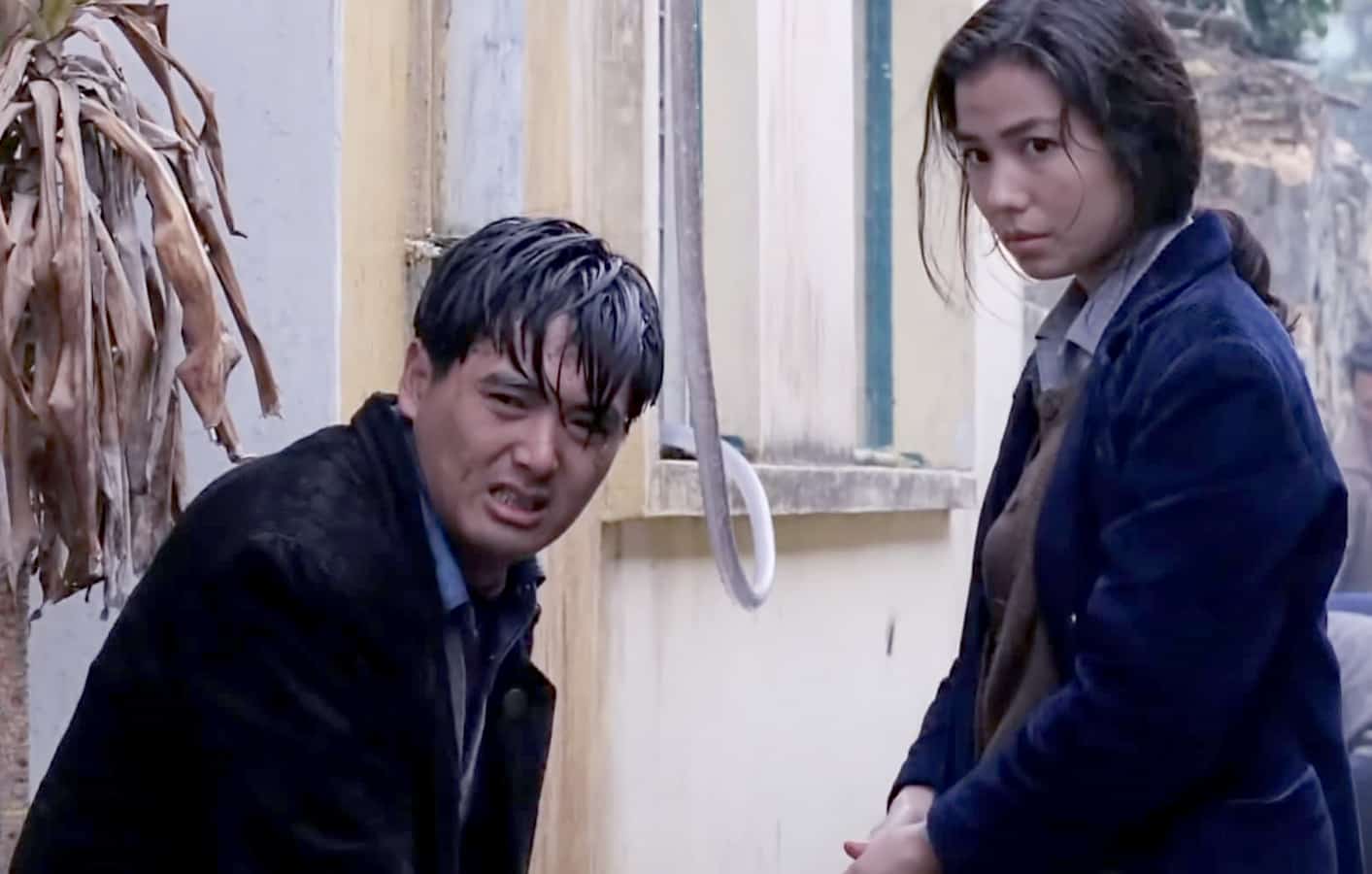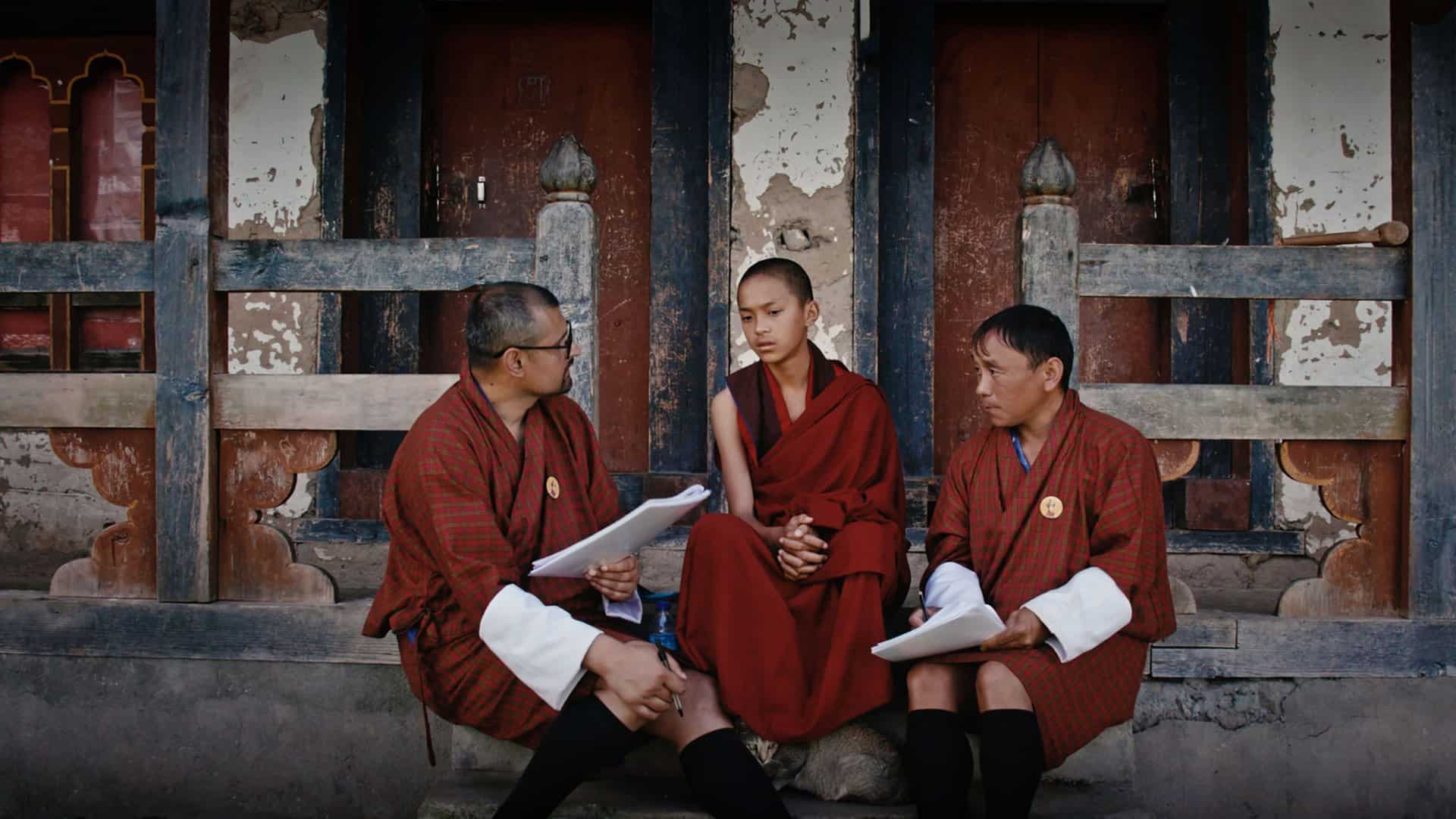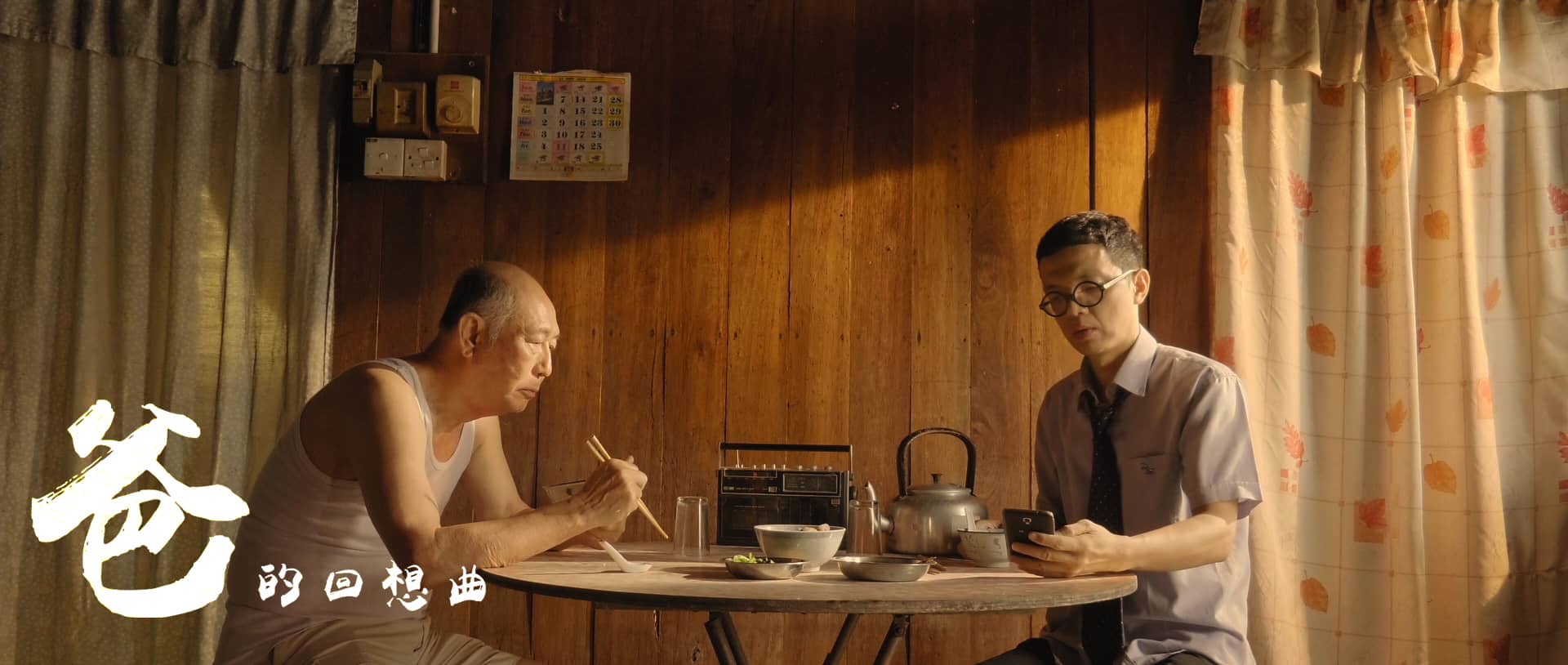Zang Qiwu has worked alongside Zhang Yimou for many years and seems to have learned a lot from the Chinese master.
Yang Ba is an owner of a ragtag shop where he fixes tires, in order to sustain his equally ragtag house and his family of three. Unfortunately for him, as his son grows up the costs for his education become enormous and his mediocre income cannot respond. Furthermore, he learns that his neighborhood is going to be demolished in order for some new block of flats to be raised, which he cannot afford. In his despair, he seeks the help of Li Daguo, a rich man who is looking for a kidney for his dying sister and is willing to pay Yang Ba. In order to justify this act to the authorities, Yang Ba signs a paper that makes him a relative of Li Daguo, while after the surgery, he tells a fake story of heroism to his wife to explain his actions. However, and despite the success of the surgery, the kidney eventually malfunctions and Li Daguo asks for something Yang Ba cannot agree to do.
Qin Haiyan and Li Xiaobing's lean script makes a very clear critique of a number of social issues and public institutions: unemployment due to the decline of the industry, the national health system, financial pressures put on families for the education of their children, commercialism, and the way the rich manage to get their way, as they exploit the poor. Furthermore, the story entails two very shocking elements. The first one is the ease with which the transaction is done, as if it was a simple commercial exchange and the second is the utterly shocking and unexpected ending.
Zang Qiwu directs in distinct art-house fashion, in a very slow pace, without any kind of outbursts and without any music. His focus is obviously on portraying the circumstances as realistically as possible and in that fashion, he succeeds to the fullest. Two scenes exemplify his abilities, both regarding one on one “confrontations”. The first one includes Yang Ba and Li Daguo, and the second one Yang Ba and his son. A large percent of the film's meaning is entailed in these two scenes, and Qiwu manages to portray them with artistry and meaningfulness.
These scenes also exemplify the acting in the movie. Zang Qiwu based the largest part of the film on Ni Dahong, who plays Yang Ba, and he delivered in astonishing fashion, managing to portray a number of emotions and psychological statuses, with very few words, just with his body language. Particularly his constant stoop is a clear indication of all the problems he carries. Qi Dao is also great as Li Daguo, as he presents a character that emits success from every pore, from every movement. The way he changes, from a genuinely nice person to a dangerous one, in the aforementioned scene, is the highlight of his performance.
Despite its evident low budget, “The Donor” is quite accomplished in the technical department. Dong Jinsong's cinematography may be chiefly comprised of static shots and close ups, but a number of panoramic shots of the urban, Chinese setting provide a nice break from the first and the close ups of the two protagonists elaborately highlight their psychological status. Furthermore, the attention to realism is also evident here, with the hospital, Yang Ba's neighborhood and Li Daguo's house being accurately portrayed, while the radical difference of the last two becomes clear through the use of lighting: Dark and filled with shadows for the slums and bright for the aristocratic premises.
“The Donor” is a wonderful debut for Zang Qiwu, whose future looks more than promising.
“The Donor” will screen on International Film Festival Rotterdam (IFFR), that will be on from January 25th to February 5th















